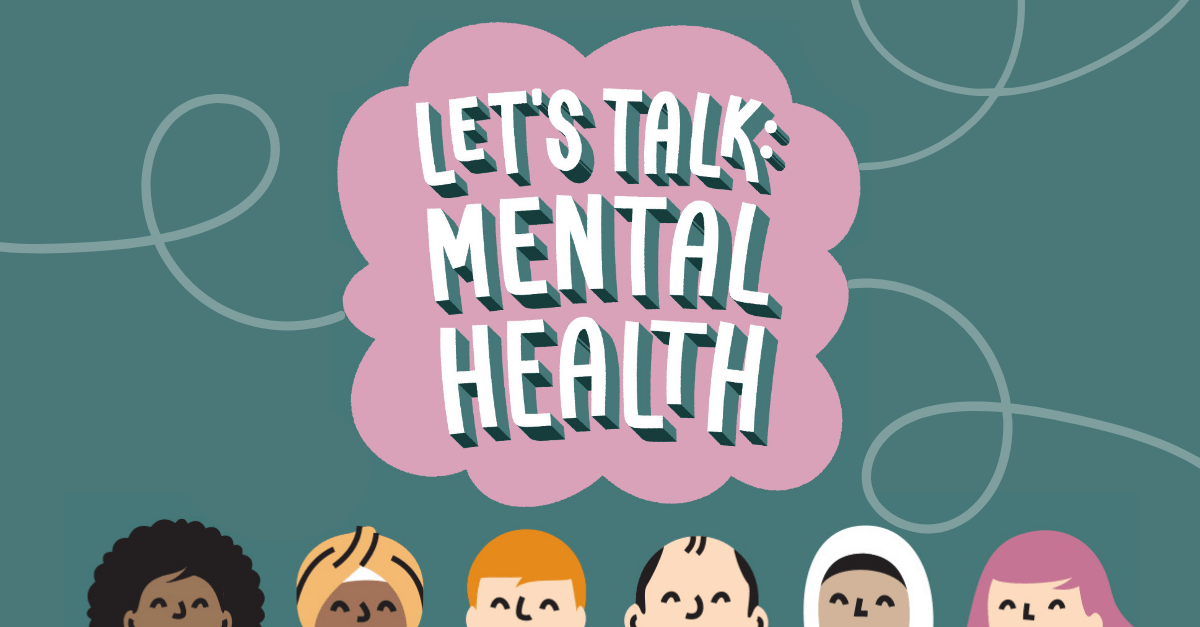Minority Mental Health Awareness
by Ameera Punja, a volunteer with the Edgemont Youth Press
What is mental health? Mental health is a part of your overall health, but mental health encompasses emotional, psychological, and social wellbeing, influencing cognition, perception, and behaviour. One in every five adults in the US experiences a mental health condition within their lifetime and one in every five children ages 13 to 18 have or will have a serious mental health condition. While awareness around the topic and education of mental health has grown dramatically over the past few years, many still find themselves stuck in situations revolving around mental wellbeing, unsure of what to do, afraid of speaking out due to prominent stigma that still exist. This stigma can especially be found within minority communities still struggling to speak on the very real and true difficulties of taking care of one’s mental wellbeing.
Many of us might be thinking after hearing this shocking statistic, does mental health also affect people within my community? Yes! It absolutely does, everyone has their own journey when it comes to mental wellbeing, even you! Mental health affects everyone regardless of culture, race, ethnicity, gender, and sexual orientation, anyone can experience the challenges of mental illness regardless of their background. However, background and identity can make access to mental health treatment much more difficult. Some issues that create roadblocks within advocating for minority mental health treatment include:
• Less convenient access to treatment.
• Racism, bias, homophobia or discrimination in treatment settings.
• Higher levels of stigma within community.
• Language barriers.
• Culturally insensitive health care system.
• Poorer quality of care.
• Less likely to receive treatment.
While this list feels very disheartening, it’s important to know that it is possible to fight this stigma and also possible to fight unfair systemic inequality and help make the discussion of mental health one that involves everyone! Some ways to help make this discussion more open include understanding the full spectrum of how mental health works, being an active listener and advocate for minorities within your communities, encouraging community and faith-based leaders to discuss mental health issues to help reduce stigma, understanding and being able to identify symptoms and triggers of depression and anxiety such as continuous low mood and sadness, constant worry and discomfort, family history with depression and anxiety, stress and loneliness. This understanding can help encourage open conversation within our communities regarding the importance of mental health.

Click here to the Edgemont Community News home page for the latest Edgemont community updates.










